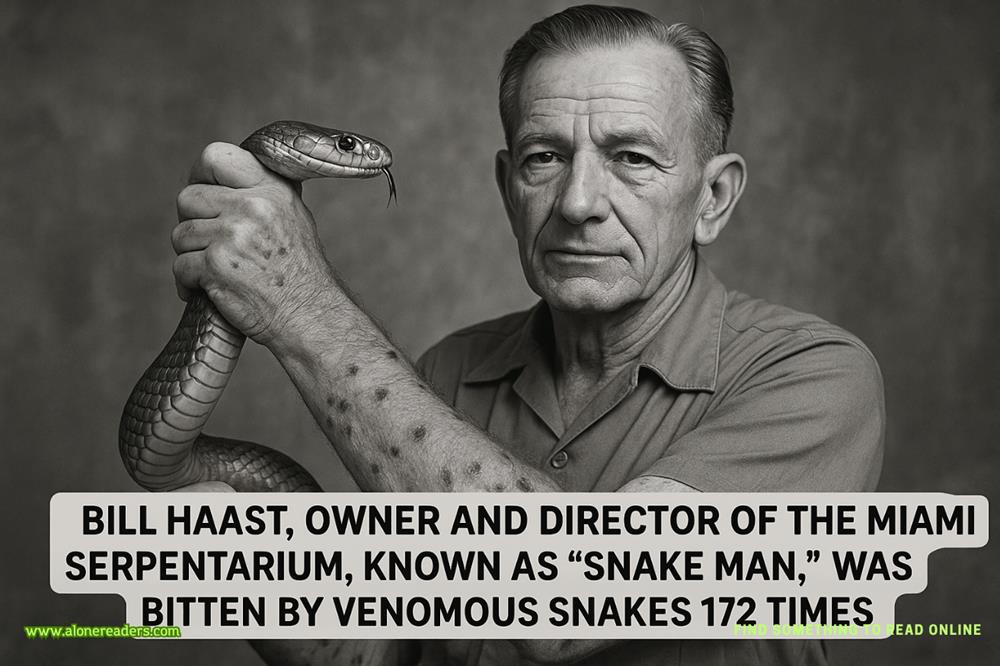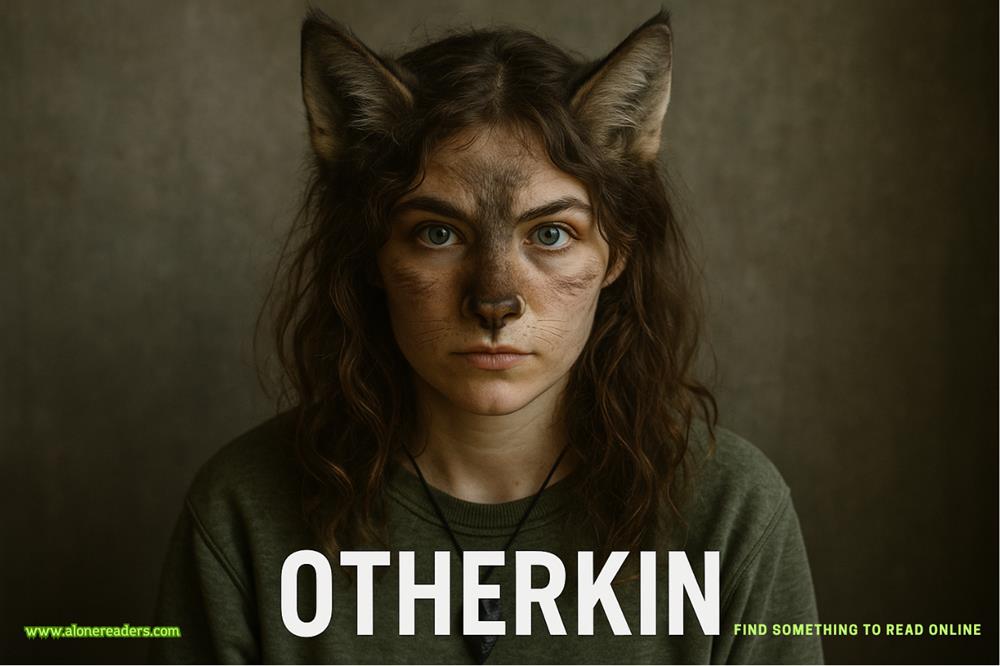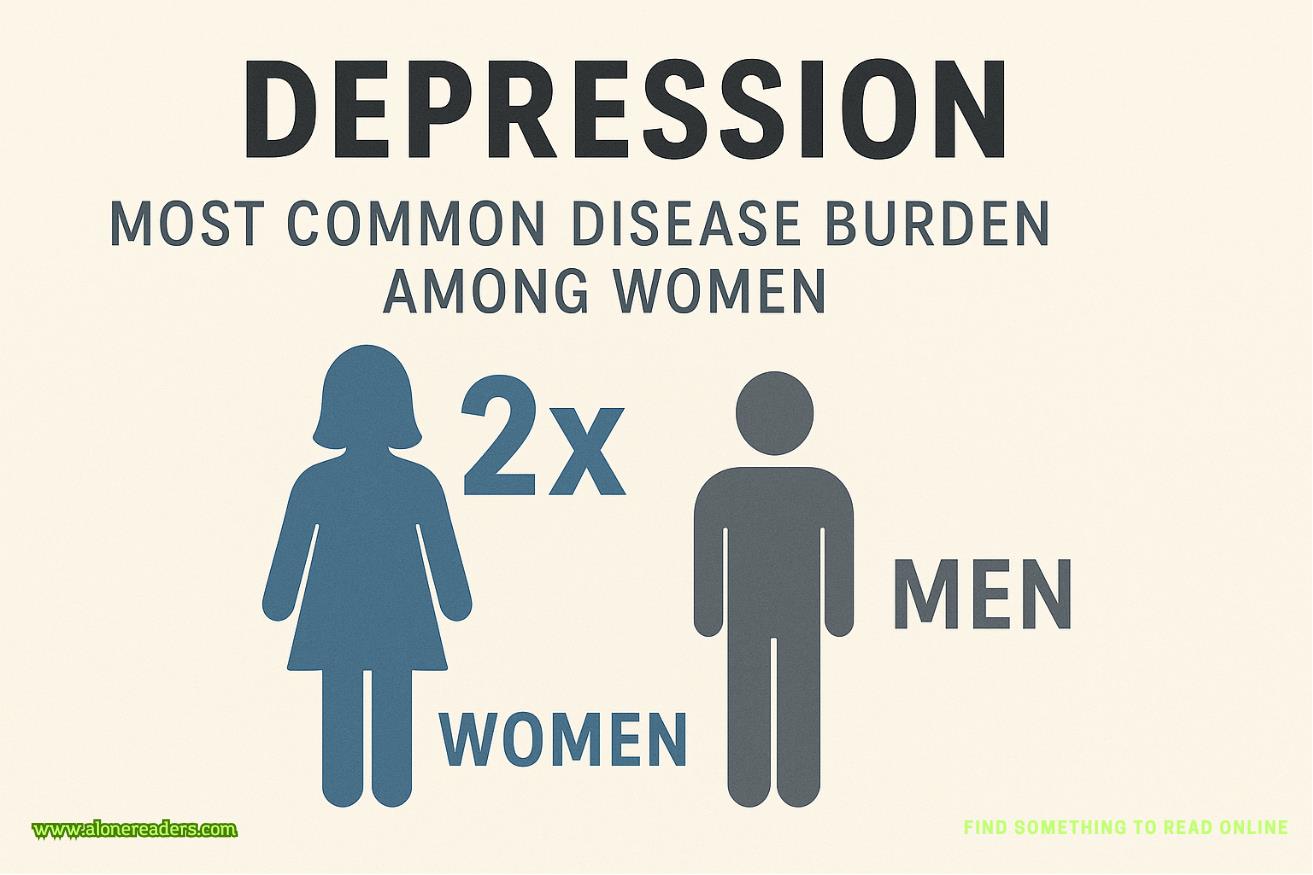Page 9 of Since the Day We Left
In the guest room—now his room—Miles scanned the walls and the twin bed. The walls were bare, save for a single watercolor print of a lighthouse. Dust coated the dresser, and the sheets smelled musty. A draft whistled beneath the gap in the window frame and through the curtains that had certainly lost their color years ago. The closet door hung open, revealing empty hangers and a single cardboard box. It wasn’t much, but it would do.
His visits had always been brief—holidays wedged between excuses to rush back to Atlanta, to whatever job was paying the bills.
Miles unzipped his duffel. Three T-shirts, two pairs of jeans, socks, underwear. That was it. Everything else was still in his truck—if there even was more.
When had it become so easy to pack his life away?
At the bottom of his duffel, something wrapped in a handkerchief waited. He paused.
Slowly, he unwrapped the small wooden box, its lid carved with a sunflower—his mom’s favorite keepsake box, and one of the few things recovered from the fire. His finger brushed over the scorch marks along one edge, a permanent reminder of that night.
The hinges creaked as he lifted the lid, revealing a velvet lining—once midnight blue—now a soft indigo. In the center lay the single object that had traveled with him to the fire station, touched before each shift and slipped into his pocket. The thing he’d clung to through sleepless nights. Pressed to his ear when his dad’s diagnosis had come. Gripped tight through the evening his career had fallen apart.
His breath steadied.
He reached for it. It felt the same—solid, smooth, real.
Just like that day on the beach. The day they’d scattered his mother’s ashes.
His thumb traced the ridges as he slowly turned the spiral shell.
Then—her voice. Small. Sure. Cut across the years:
“It’s magic,” the little girl with kind green eyes had told him. “From the ocean. It’ll help.”
3
Wendi
Themorningdraggedon.
Three customers had wandered in, spent little, and left. A tourist picked up a lighthouse print. A high schooler tried (and failed) to haggle over paintbrushes. Mrs. Cooper, loyal as ever, bought paper for her grandson.
Total sales: Forty-seven dollars and sixteen cents—less than dinner for two at the bistro down the street.
Retirement by ninety-five?
Wendi turned to find Max on a cushion by the window, stretched out on his side. A patch of his hair caught the sunlight, and occasionally, his paws twitched as he dozed.
At least one of us is living the dream.
The shop phone hadn’t rung once all day. Not even one of those scam calls offering an extended warranty on a car she no longer owned. Her inbox wasn’t much better. No online orders, just a newsletter from the Chamber of Commerce recapping last week’s town hall meeting she’d missed.
Today’s inventory check had also been yet another exercise in denial. The high-quality watercolor paper—the expensive German kind professional artists favored—hadn’t sold a single sheet in months. Next to them, the handmade brushes from the artisan in Birmingham had become permanent fixtures in their display. Even the student-grade acrylics were collecting dust.
By 2:30 p.m., Wendi was setting up for the watercolor workshop. Two students had signed up—better than last week’s one, but still far from the twelve needed to turn a profit. She arranged brushes, filled water cups, and set out palettes like soldiers in formation. Then she reorganized the colored pencils one by one, ensuring each was perfectly parallel, even though no one had touched them in days. Back in New York, she’d had an entire team for this—visual merchandizing specialists who understood sightlines and customer behavior. Here, she only had instinct and hope, neither proving particularly effective for sales.
When the final pencil clicked into place, Wendi exhaled and stepped back. Hands on hips, she surveyed her handiwork. There was something soothing about it, the careful symmetry. The store might have been failing, but nobody would ever have guessed it from the way her displays looked.
Small wins.
The flyer on the door caught Wendi’s attention,Save The Shellprinted at the top in bold, hopeful letters. She stared at the date.
Three more days.
She’d spent yesterday sorting through potential auction items—mostly her own pieces that hadn’t sold and a few donations from former students. Nothing that would command the kind of money The Painted Shell needed to survive. The stack looked pathetically small against the back wall. Her gaze lifted to the mural above it—the one she’d started the week she opened. A year later, it was still unfinished, much like everything she hadn’t gotten to.
This was it. Her last shot. If the auction failed, so did the shop.















